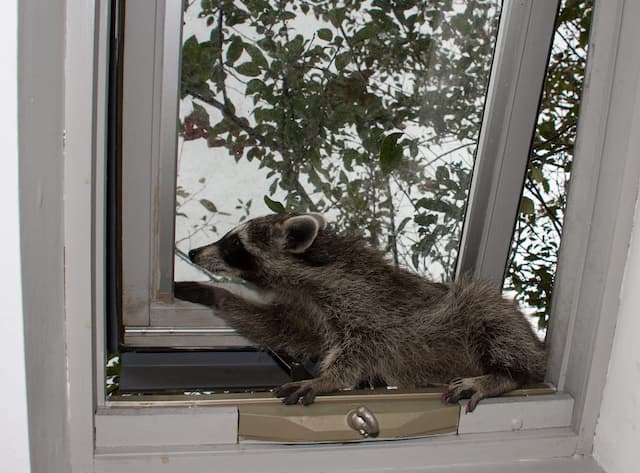If you live in Ontario, you should know that raccoons in your area could be carrying rabies.
The rabies outbreak in Ontario was officially recognized in 2015. Despite a multi-pronged campaign run by various authorities, the potentially deadly virus is still around, with 50 cases being confirmed in the southwest of the state in 2018. To minimize the spread of diseases hiring a pest control service in Hamilton is the best way to go
What is rabies?
Raccoons are a Rabies Vector Species (RVS). That means that these animals are known to be carriers of the disease, so they have a specific strain of the virus named for them.
Rabies is a viral disease that is transmitted through an infected animal’s saliva, usually via a bite or scratch. The virus acts on the animal’s brain, causing pain and distress until the disease ultimately proves fatal.
You should know that your family pets can contract rabies, and so can you. If you have dogs that regularly come into close contact with raccoons and other RVS, such as feral cats and skunks, you should have your pet vaccinated against the disease.
Infected raccoons can carry the rabies virus for months, showing no symptoms at all. However, if the infected animal’s saliva comes into contact with another mammal, that creature could contract and develop the disease.
Does that raccoon have rabies?
Rabies occurs in two forms in mammals, and raccoons can be affected by both manifestations of the virus.
- Dumb rabies
If you encounter a raccoon that is behaving in any of the following ways, it most likely has the dumb form of rabies:
- Hiding away and appearing depressed and disinterested in its surroundings
- Does not show fear of people or other animals
- Shows paralysis of the face, sagging jaw, and drooling
- Makes odd noises
- Hind limbs appear to be paralyzed
- Furious rabies
Furious rabies is usually considered to be the most dangerous, as this form of the disease makes the animal more aggressive. Symptoms of furious raccoon rabies include:
- The animal is highly aggressive or agitated
- Walking in circles, biting itself
- Attacking inanimate objects or animals
- Behaviour changing from agitated to depressed
- Frothing or foaming at the mouth
Raccoons are nocturnal creatures, not venturing out of their dens until nightfall. So, if you encounter a raccoon on your property during daylight hours, especially if it shows any of the signs mentioned above, it could have rabies.
Keep your distance
Although you may feel sorry for the raccoon and perhaps want to try to help the distressed animal, keep your distance. Even if you have been vaccinated against rabies, do not touch or attempt to handle the raccoon.
Infected animals usually die within a few days once the virus takes hold. But a dead raccoon could still pass on the rabies virus to you or your pets. Note that, even a frozen raccoon corpse could contain the active rabies virus.
Bottom line: don’t touch!
What to do if you are bitten or scratched by a raccoon
If you are in direct contact with a raccoon that you think might have rabies, go to your doctor, local health unit, or emergency department immediately. Likewise, if your pet has been attacked by the raccoon, contact your vet straight away.
If you see a raccoon that you think might have rabies, report the sighting to the Rabies Information Line at the Ministry of Natural Resources and Forestry (MNRF) on 1-888-574-6656.
In summary
Rabies can be fatal to both humans and pets.
If you see a raccoon acting strangely, do not attempt to catch or touch it and keep your pets away from the animal too. Contact your local wildlife removal experts and ask for their advice. The experts will know just how to deal safely with the rabid raccoon and notify the relevant authorities.

